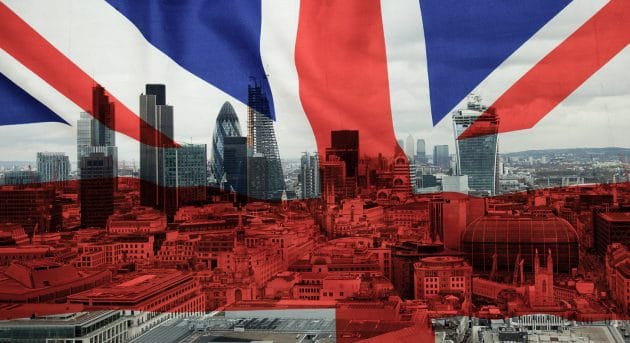The grave reality of underfunding the arts sector is hitting the global theatre scene
As the coronavirus pandemic continues to devastate the economic landscape around the world, theatres and production companies are falling like a house of cards. Governments across the globe have been criticised for not providing enough critical financial support fast enough.
In the past few months, the international arts community have been echoing their concerns and urging governments to step in and offer a lifeline for a sector on the brink of collapse.
Recent reports indicate that internationally renowned Montreal based circus company Cirque Du Soleil have recently cut 3,500 jobs and have filed for bankruptcy.
Earlier in May British theatre producer Sonia Friedman, in an article for The Telegraph (UK), expressed her fears that British theatre is on the verge of “total collapse”. According to Friedman, without serious financial support, 70% of the performing art theatres in England will be out of business and close down for good.
British Prime Minister Boris Johnson recently announced that museums, galleries and heritage attractions will start reopening from July 4. However due to the ongoing health crisis, large scale gatherings are still prohibited from reconvening due to the health implications and recent fears of a second wave.
UK Secretary of Culture Oliver Dowden announced a five-stage plan aimed at bringing audiences back into British theatres.
The five-stage plan is outlined below and is already set in motion.
- Stages one and two are well underway and allow socially distanced rehearsals and physically distanced plays to be recorded and streamed.
- Stage three sees the approval of outdoor performances with an audience plus pilots for indoor performances with limited audience capacity.
- Stage four would see the return of both outdoor and indoor performances with reduced capacity still in place.
- The final stage would see the return of full capacity venues
James Graham, a freelance playwright, spoke with arts correspondent Mark Brown from The Guardian (UK) in support of the initiative, however expressed his concerns from a financial perspective:
“What is still missing, of course, is any investment package to be able to actually do it and, without that, we can be in no doubt that the entire theatre ecology is on the verge of absolute and total collapse” he said.
From a financial perspective, the Arts and Culture sector contribute £11bn a year to the British economy, however there is no significant financial rescue plan established by the government at this stage.
James Slack, the Prime Minister’s official spokesperson said that the government already gave “unprecedented levels of financial assistance via government loans, job retention schemes and support has been given by the Arts Council.”
Giles Watling, a British actor, director and theatre manager who is now a member of Parliament met with chancellor Rishi Sunak and with the secretary of culture Oliver Dowden to bring attention to the desperate need of a lifeline. The Guardian (UK) published Watling’s opinion:
“We need an announcement of some serious support for the theatre sector. We just need to know that something is coming so that people keep going through these very hard times. Because there are theatres closing. A second thing we really need to know is a date, a plan for opening our theatres. If nothing is done by August, then the panto season goes. And, as we all know, the panto season is something that puts money into theatres and supports the rest of the arts.”
According to a report by The Off-West End Theatre Awards, a minimum of £9m would be needed to rescue 100 independent London fringe theatres from closure. This comes off the back of several reports that a number of theatres including Leicester’s Haymarket and the Southport Theatre are already in the process of liquidation.
Last year the UK Arts Council reported that “Productivity in the arts and culture industry between 2009 and 2016 was greater than that of the economy as a whole, with gross value added per worker at £62,000 for arts and culture, compared to £46,800 for the wider UK economy.”
These figures highlight the importance of the struggling arts sector and the scale of this crisis. Understandably these are difficult times for everyone, and although funding is being demanded across the entire economic landscape, an appropriate balance is required before the damage is irreparable.




